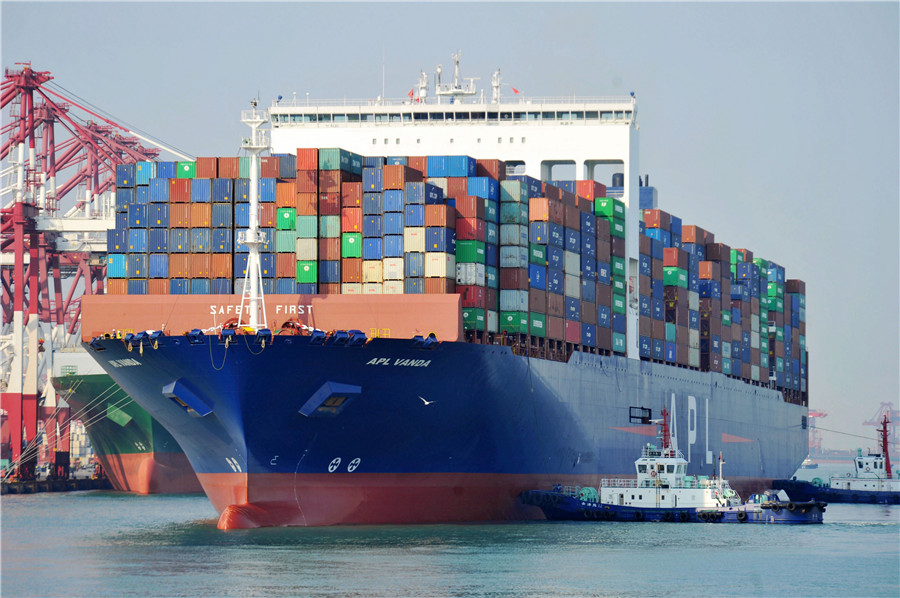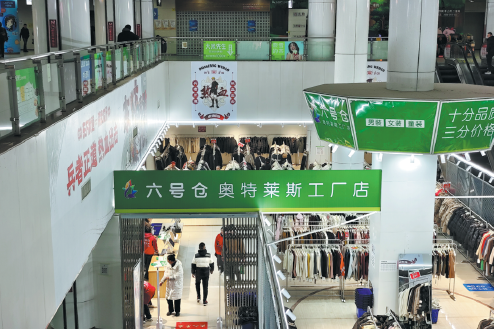China cuts tariffs on additional US goods


China announced the first set of exclusion lists on the second batch of United States imports, which are subject to additional tariff exemptions, effective from Feb 28, according to a statement from the Customs Tariff Commission of the State Council on Friday.
The commission unveiled two tariff exclusion lists, comprising 65 items in total, including noninvasive ventilators, spectrographs, genetic sequencing machines as well as parts for automatic aircraft navigation systems and semiconductors. The lists were released on the commission's website.
All items on the two lists will enjoy exclusion of additional tariffs for a year through Feb 27, 2021. It means the items will not be subject to additional tariffs imposed by China on US products as countermeasures to US Section 301 measures, the statement said.
For the 55 items on the first list, tariffs that have already been levied on enterprises can be refunded. The affected enterprises can apply for refunds within six months from Friday, it said.
For the 10 items on the second list, they enjoy tariff exclusions but are not eligible for refunds, according to the commission.
"In the next step, the Customs Tariff Commission of the State Council will continue to work on the exclusion of additional tariffs on US products, and the lists of subsequent batches will be released in due course," the statement said.
Some of the listed US products, such as noninvasive ventilators, are much-needed medical instruments to treat patients infected with the novel coronavirus.
Under current conditions, to include certain goods used in epidemic control and prevention on the exemption list will ease temporary supply shortages, said Xu Qiyuan, head of the research department at the China Finance 40 Forum and a researcher at the Chinese Academy of Social Sciences.
Due to the epidemic, imports of medical apparatus and instruments may increase. In the short term, China's imports from the US are likely to rise, Xu said.
He told China Daily that the tariff exemptions could also send a signal of goodwill, and help improve trade relations between the two countries.
Other than medical supplies, some imports on the first list include primary and intermediate products, as well as spare parts, which can reduce production costs for Chinese enterprises and cement supply chains between Chinese and US companies. It will also help stabilize global supply chains, Xu added.
Wei Jianguo, former vice-minister of commerce, said the impact of the virus outbreak on production is temporary, and output in some regions, such as Zhejiang province, is gradually recovering.
Although foreign trade may be affected in the short run, the country's countermeasures will support an economic rebound later and ease difficulties facing companies, especially small and medium-sized firms, Wei said.
On Tuesday, the commission issued a statement that China will accept applications from local companies, starting March 2, for the exemption of additional tariffs on 696 items of US imports.



































